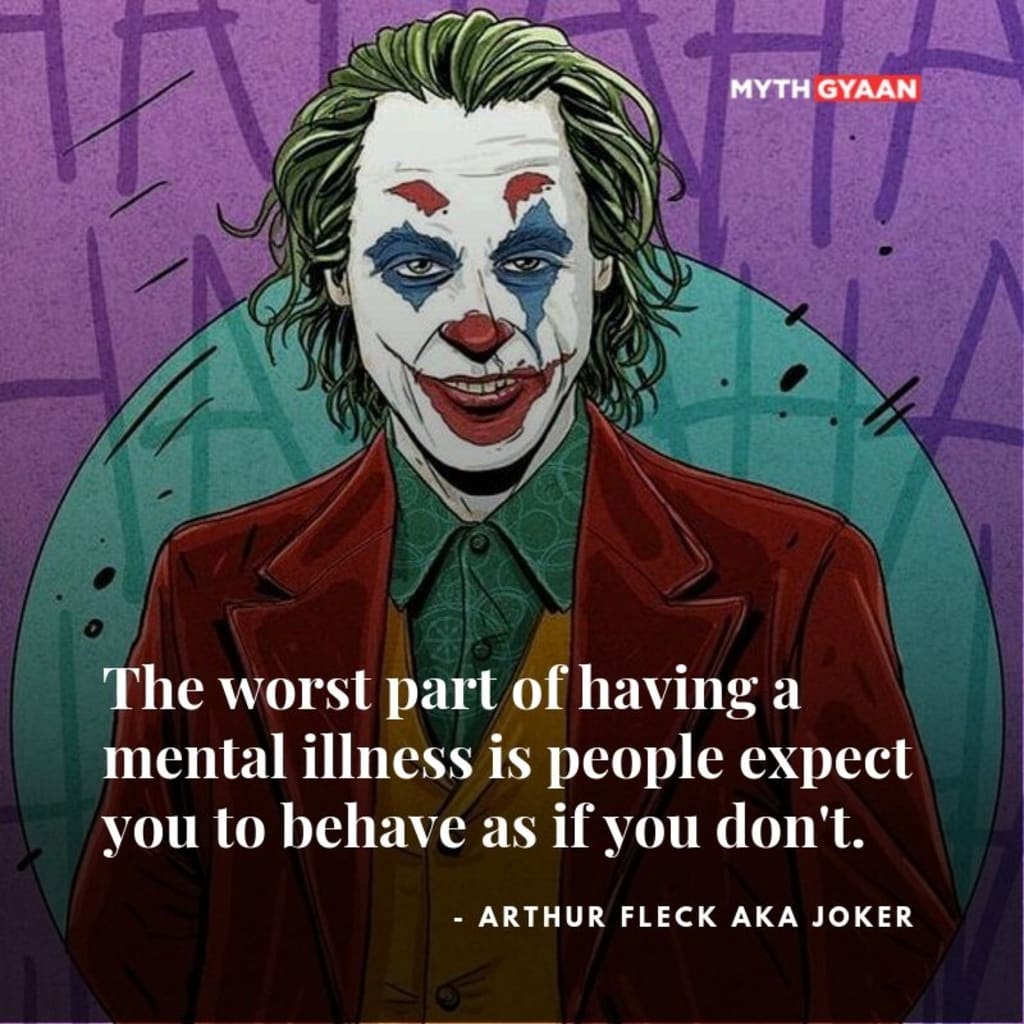Mental Health Matters
Getting real about mental health matters.

Collectively humanity is finally moving forth from an era in which mental illnesses were regarded as imaginary ailments, into an era where we are being forced to recognize that mental health is no less important than physical health. According to the World Health Organization, upwards of 800,000 people a year will commit suicide globally. That is one person every 40 seconds. Why is it that during this time of acknowledging mental heath, we are seeing more suicides than ever before? Suicide.org estimates that global suicide rates have increased a whopping 60 percent within the last 45 years, and continues to increase. In the aftermath of suicide, it is not uncommon to hear friends and family express their overwhelming shock, explaining that their loved one seemed “so happy and full of life,” or “they seemed fine mere days ago." My prognosis is that, even though society has recognized that we have a global mental health crisis, collectively we are still failing to understand what it really means to live life with a mental illness. It is extremely difficult for someone who doesn’t fight this battle, to truly understand what it means to be on the frontlines.
Speak Up
This is why it is so important for those of us that suffer to speak up. Our firsthand accounts will be responsible for obliterating the dangerous stigma that surrounds mental health. Our firsthand accounts will shine light on what really happens in the dark. They may even provide clarity and understanding to those on the outside, looking in. Most importantly, our stories may remind someone in our community that they are not alone, and that we are refusing to leave anyone else behind. I am speaking up for every suicide victim who suffered in silence because of the stigma demonizing and belittling mental illness.
Stop The Stigma
The World Health Organization estimates that, globally, one in four people will be affected by a mental illness at some point throughout their lifetime. It is also estimated that about two thirds of those affected will never seek professional help. This can be partly attributed to the “Just think positive," “It is all in your head” self-help advice. Mental disorders are a real health concern, and should be treated as such. You wouldn’t treat a malfunctioning liver or heart with positive thoughts, so don’t suggest them to cure a brain.
Isolation
One common expectation society has of mental health sufferers is that they will reach out to loved ones or medical professionals if they are struggling “badly enough." I challenge this by revealing that it is not uncommon that it becomes increasingly less likely that a person will reach out, the more their illness progresses. A staple of progressing mental illness is isolation. There may come a point that explaining the experience feels hopeless and repetitive. It is also a symptom of some mental disorders that said person will develop paranoia, and convince themselves that they are a burden to others by speaking about their issues, or worse—that no one genuinely cares to hear what they are going through. Humans need connection and interaction, and being alone can eventually get lonely for anyone. If you notice a loved one is becoming increasingly distant from you and others—don’t be offended—they could be silently suffering and attempting to isolate themselves as a result. Reach out! It may not be easy to strike up a conversation; they may even seem antisocial. Please don’t give up on them. Your continued effort could save their life.
Mental illness can present itself in a myriad of ways.
There is no “one size fits all” description for any mental disorder. Not every depressed person will display their despair, and not every socially anxious person is a shut-in. When a loved one is diagnosed with a mental illness, do a quick internet search of said illness, so that you will be better equipped to understand and empathize with what they are going through. This thoughtful initiative may also help your loved one to feel less misunderstood.
“They just want attention.”
This is an extremely dangerous sentiment, especially when it comes to suicide. Every suicidal threat should be taken seriously, regardless of how many times you’ve heard it before. (You should also note that frequent suicidal threats are a sign of an underlying mental illness, and this should be discussed with a medical professional.) The misconception is that suicidal thoughts only happen once. The truth is that, with certain mental disorders, such as bipolar disorder which is currently incurable, suicidal thoughts can come in waves. With bipolar, people experience a constant switch up between manic or hypomanic episodes (extreme highs), and depressive episodes (extreme lows). Between one fourth and one half of all bipolar patients will attempt suicide at least once in their life, as the suicide rates in those with this disorder are more than 20 percent higher than those in the general population. It is not realistic that suicidal thoughts or threats will be an isolated event. These aren’t cries for attention, they’re cries for help.
It is going to take more than green ribbons and social media memes to alleviate this crisis. One loss to suicide is a tragedy, but 800,000 each year is incomprehensible. All of this cannot go without expressing how hard it can be for the average adult to receive affordable healthcare in many places around the world. As a bipolar mother whose health insurance funding was cut, forcing me to abruptly stop all of my medications... I acknowledge that it isn’t just lacking support systems and stigma that are failing the 800,000 we lose each year. Healthcare simply is not optional when it comes to many mental disorders, and for some, it quite literally means life or death.
About the Creator
Kristin Wilson
Just a spiritual being having a human experience ☀️💜🔮🧿🧬💎🌞






Comments
There are no comments for this story
Be the first to respond and start the conversation.